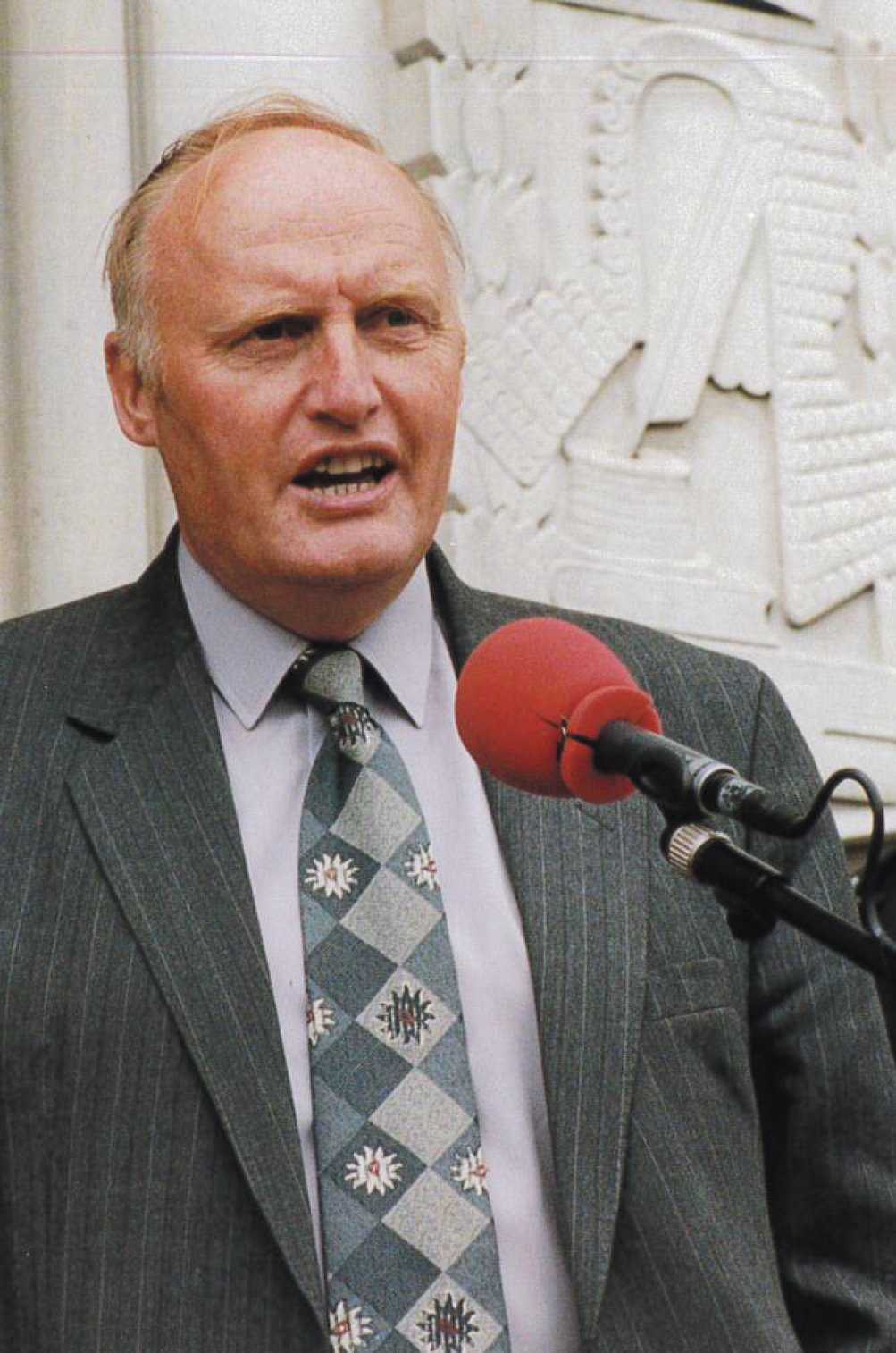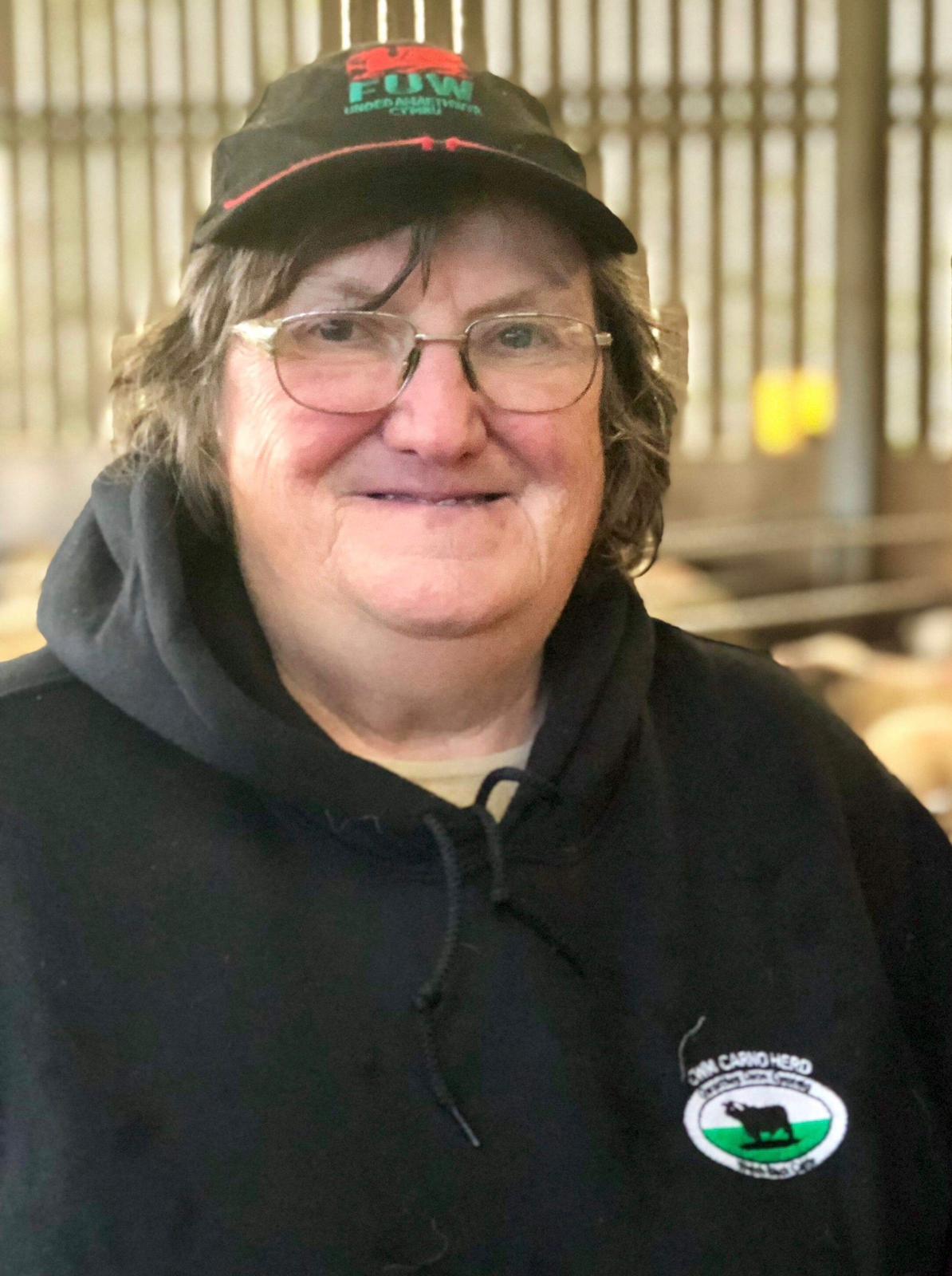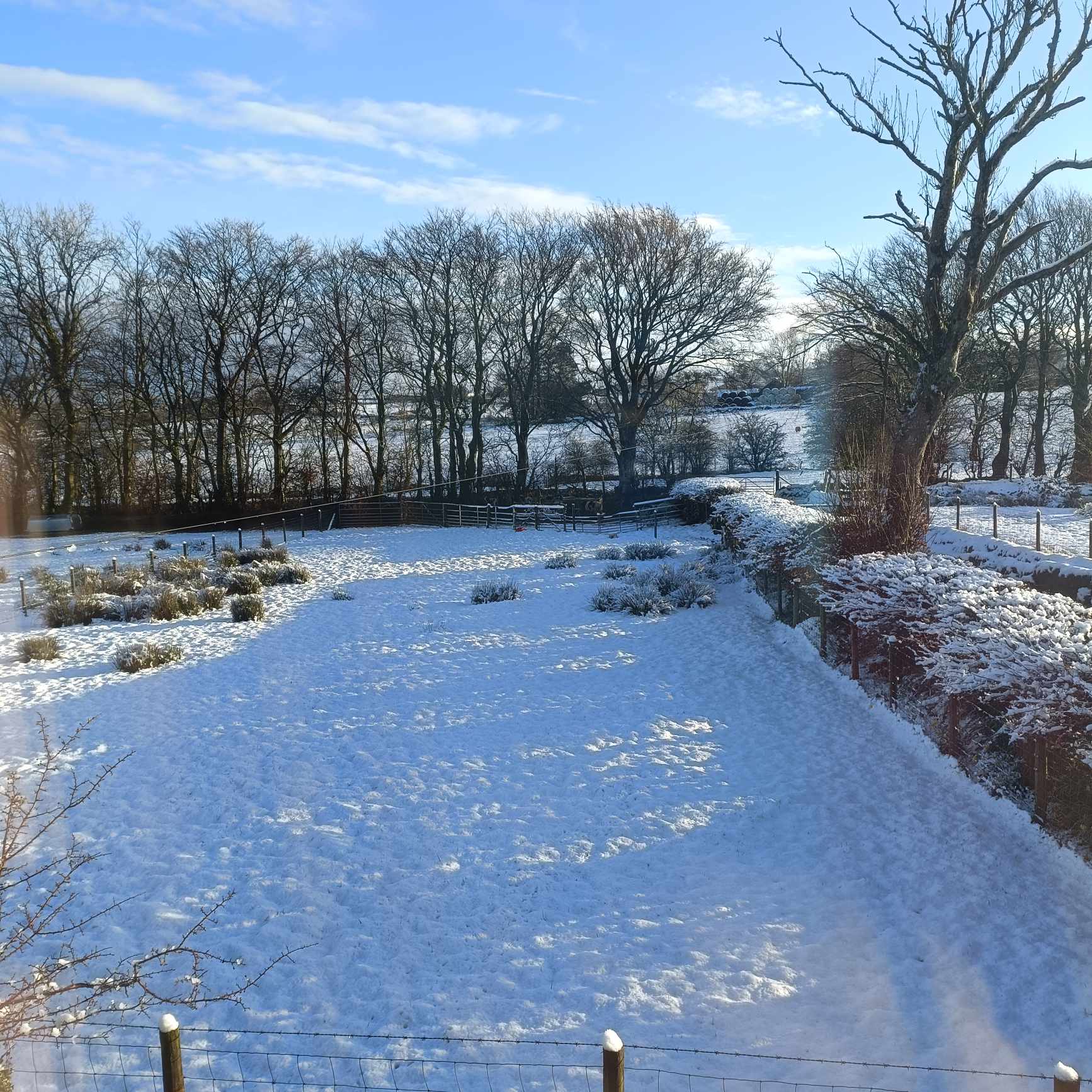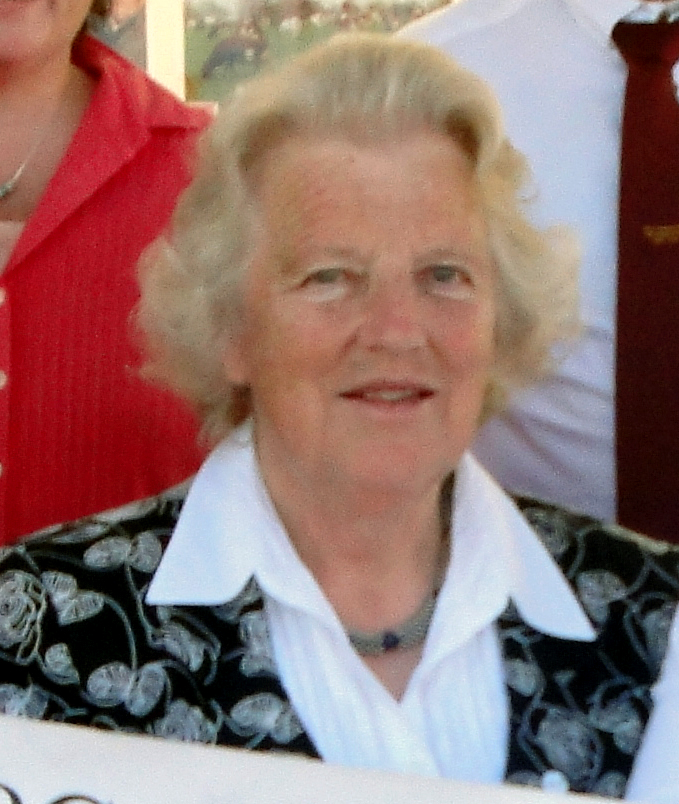As the Farmers’ Union of Wales celebrates 70 years since its formation in 1955, our Head of Communications, Aled Morgan Hughes, interviews some of the Union's most prominent figures over the decades, starting with Mr Bob Parry, President of the Farmers’ Union of Wales between 1991 and 2003.
-
What was the highlight of your time as President of the Farmers’ Union of Wales?
Having been President of the Union for over a decade, there are a lot of highlights and very fond memories.
One of the most prominent, which gained considerable publicity at the time, was visiting three farms in Carmarthenshire in the company of the Prince of Wales in the mid-1990s. The visits followed a meeting with the Prince at Highgrove, and I remember receiving a call from his Secretary to organise these meetings - without any mention of the NFU!
The intention was for him to arrive in Swansea by helicopter, but because of thick fog, he had to land in Cardiff instead - and therefore arrived an hour late. I offered to cut one of the farms from the list to visit, but he completely refused, with the visit to the last farm, Caws Cenarth, running over by an hour.
The three farm visits went very well, and I remember visiting Brian Walters' farm, and Brian's wife had prepared Bara Brith for the visit. It was clear that the Prince was very chuffed with the Bara Brith - with the enjoyment clearly visible on his face!
Another fond memory was the chance to visit Oman in the Middle East with Peter Davies in the mid-1990s, which was a privilege and a great experience.
Another highlight was being invited to the official opening of the Welsh Assembly - and leading a delegation out of a meeting with the new First Minister in the early days of the organisation following the appointment of a vegetarian as Minister of Agriculture - to the great satisfaction of the many farmers who were protesting outside!
-
What was the biggest challenge you faced as President of the Farmers’ Union Wales?
The biggest challenges of my Presidency came from the BSE crisis and of course Foot and Mouth Disease in 2001.
I remember landing in Brussels for a meeting, and receiving a phone call informing me that the disease had reached Anglesey - in a slaughterhouse in Gaerwen, about 6 miles from where I farmed. That came as a great shock to me.
It was clear from the onset that there were no plans or ideas from the Government on how to tackle the disease, and there was a great reliance on the FUW and NFU to offer ideas. One of the first steps was of course sorting out the compensation for farmers, which came around fairly easy. The biggest problem was organising how to dispose of the carcasses. At first, they were burned on farms, which was a very depressing sight. I remember driving back to North Wales from Cardiff, and stopping near Hereford, to see fires burning all over the countryside. That was a big challenge, and we eventually succeeded in moving carcasses to slaughterhouses.
There were meetings every other day, which was also a significant strain. I remember driving back to North Wales from Cardiff, only to receive a phonecall in Aberystwyth stating that I needed to attend a meeting in London with Tony Blair the next morning - there was no choice but to head back down to Cardiff for the night, and leave early the next morning to go to London. It was an extremely challenging time practically and mentally.
Also practically, devolution brought some challenges too. Before devolution, a large number of meetings were held in London - about 3 and a half hours from home in Anglesey, but, with the formation of the Assembly and meetings held in Cardiff, the journey was over 5 hours - and that was long before any mention of Zoom meetings!
-
In your opinion, what is the biggest challenge facing the agricultural sector today?
I was President at a rather troubled time, with many discussions and meetings revolving around people and personalities. Today, there is so much more emphasis on policy, and to be honest, one often thinks that an academic background is needed to be able to fully deal with all the emphasis on current issues.
More practically in terms of challenges in farming, it is clear that the costs of running farms are very high in the industry now. This is a major burden on the industry, having a huge impact on business profits. In the same way, the weather seems to be more and more of a challenge too. As we have seen over recent months, there has been an increase in extreme and harsh weather, causing problems and costs for farms.
-
Why is the Farmers’ Union of Wales so important?
Undoubtedly the Farmers’ Union of Wales is as important today as it was 70 years ago, and many of the principles that founded the Union remain central to its existence.
Without the Farmers’ Union of Wales there wouldn't be half as many activities or interest in the voice of our small farms here in Wales. I remember attending several meetings with the NFU throughout my career as President - in my own quite insignificant small car compared to some of the NFU's vehicles! The Farmers’ Union of Wales continues to be a voice for the small family farm and it was a privilege to be the Union’s President - and the 3rd President from Anglesey.







